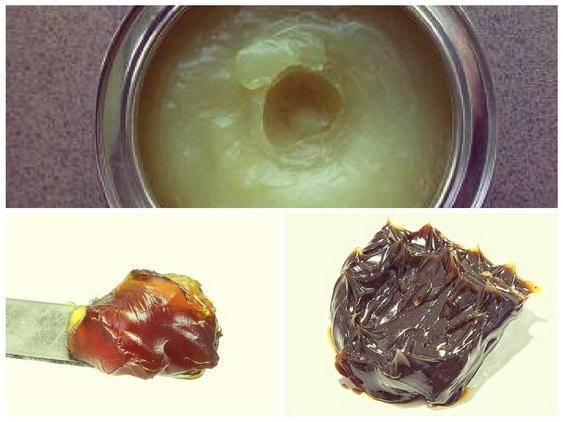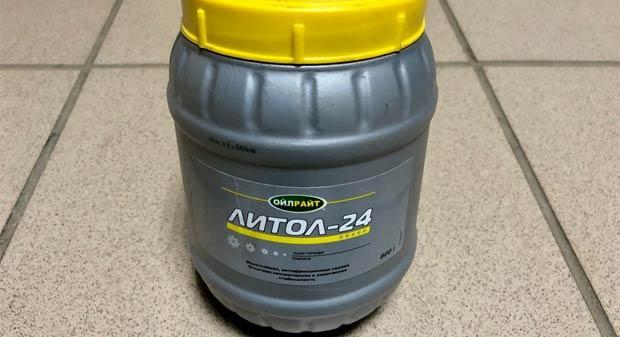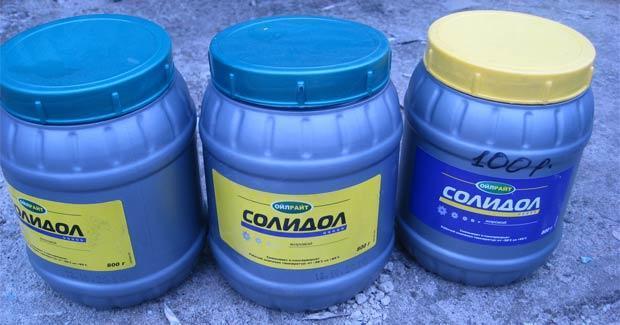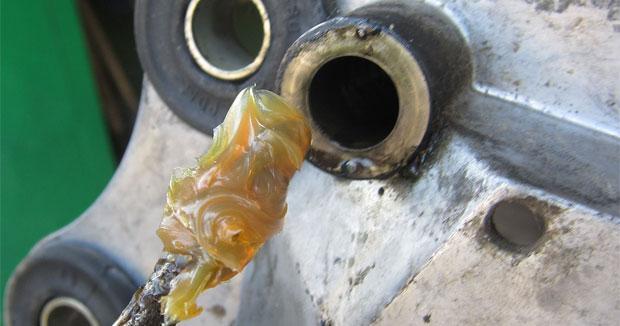
What is the difference between solidol and lithol?
Solidol and Litol. What is the difference?
Litol 24 is a grease that is made from condensed mineral oil, which is hydrated with lithium soaps of synthetic or natural fatty acids. During the production process, anti-corrosion additives and fillers are also introduced into the composition, which increase the chemical stability of the lubricant. Litol is characterized by a fairly wide temperature range of application. It also loses its lubricity in extremely cold temperatures exceeding -30 °C. Technical requirements for the product are regulated by the standards given in GOST 21150-87.


Solid oil is divided into two types: synthetic (produced according to GOST 4366-86) and fatty (produced according to GOST 1033-89 standards).
Synthetic grease includes industrial oils with a viscosity of 17 to 33 mm2 / s (at a temperature of 50 °C) and calcium soaps of synthetic fatty acids. The technology of its production provides for the addition of up to 6% oxidized dearomatized petroleum distillate and a small amount of low molecular weight water-soluble acids to the main component. By color and consistency, such solid oil is practically indistinguishable from lithol.
Fat grease is different in that during its production, natural fats are added to the oil, which increase the percentage of water and mechanical impurities in the final product. Therefore, in technical applications, fatty grease is practically not used.


Solidol and Litol. What's better?
Comparative test tests show that the difference in the chemical basis of grease and lithol depends decisively on the chemical composition. In particular, the replacement of calcium salts with lithium ones:
- Reduces the cost of manufacturing products.
- Reduces the frost resistance of the lubricant.
- It negatively affects the load capacity of the protected elements of equipment.
- Shifts the scoring limit towards lower operating temperatures.


It is worth noting that, in terms of its chemical resistance, grease is noticeably inferior to lithol, which predetermines the need for its more frequent replacement.
Considering these conclusions, we can conclude: if the operation of the friction unit is not accompanied by high temperatures and loads, and the higher cost of lubrication is critical for the user, then preference should be given to grease. In other situations, it is more appropriate to use lithol.


Watch this video on YouTube
